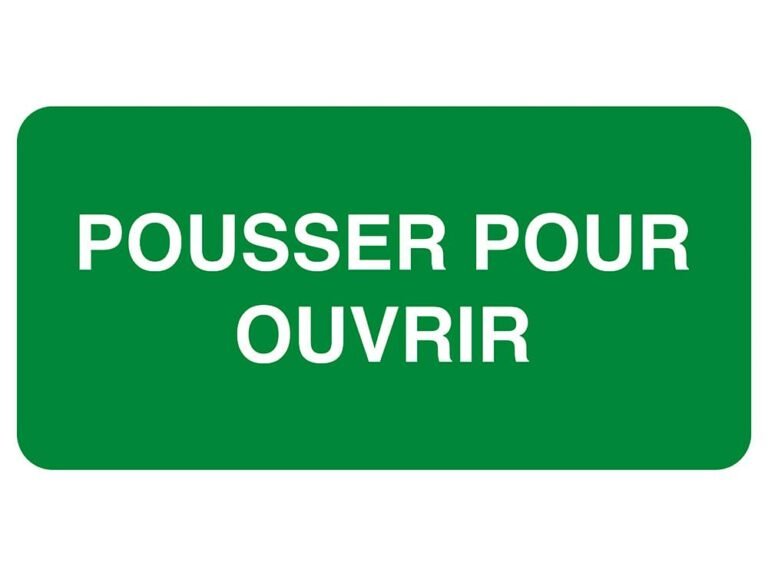Appuyez sur le champignon
The French expression “Appuyez sur le champignon !” literally means “Step on the mushroom!” Why would you tell someone to step on the mushroom? Because the accelerator pedal on early motor vehicles was originally shaped like a hemisphere or a dome. Kind of like a mushroom. So “Appuyez sur le champignon !” means “step on the gas!”, “speed up!”, “hurry up!” or simply “accelerate!”






